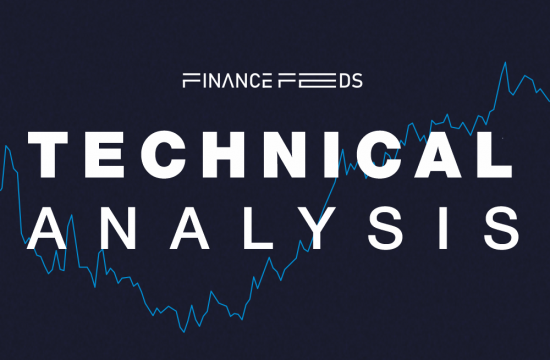Environmental and social issues are a very important factor when choosing their banking provider to almost half of consumers, according to a report released by Kearney, which found one in four European consumers are likely to switch if their bank is not engaged in ESG issues.
It is the younger consumer that is more willing to switch banks: 18-24-year-olds are almost twice as likely compared to those aged 55 and over.
Only 17% of the younger demographic reported that they were not at all likely to switch over ESG concerns, compared to 31% of those 55 and above.
While in the UK, over one in five customers would likely switch to a bank with higher ESG priorities, the figure is raised to nearly a third when it comes to Poland, Romania, Spain, and Italy.
Responsible investing (41%) was the most important ESG topic as consumers want to be sure their funds won’t support companies that manufacture weapons or pollute the environment or engage in human rights violations.
Clients will also take into account the financial institution’s own record on climate change (34%), consumer and human rights (34%), and business transparency and accountability (31%) when deciding where to take their business.
Simon Kent, Partner and Global Head of Financial Services at Kearney, said: “Banking is still a sector with a low number of switchers compared to telecoms or utilities, but that doesn’t mean that banks should become complacent. Consumers are actively looking to engage with companies and brands that align with their values, so it’s important that banks take action.
“Our research unsurprisingly shows that consumers are likely to be more loyal if they are aware of their bank’s ethical activities, but currently only an average of 40% know what their bank is doing in these areas. There is a considerable opportunity for improvement in customer communications and engagement on this topic to demonstrate a bank’s commitment and aspirations towards supporting and undertaking ESG initiatives more clearly.
“ESG concerns are not only here to stay but will increasingly drive customer behavior in the future, and retail banks must be at the forefront”, Mr. Kent added.
Bloomberg Intelligence has recently released a report that found ESG ETFs net inflows jumping by 3x, from $31 billion to $89 billion, in 2020. Ten times more than the $9 billion in 2018. The record pace could even accelerate in 2021 with the rise of climate-focused ETFs.
The highest inflows were observed among smart-beta strategies in the US and Europe, which suggests ESG investments tend to be sticky, non-cyclical, and can be viewed as long-term holdings. Flows are fairly concentrated. Three ETFs from the iShares Aware alone account for 18% of ESG. BlackRock, Vanguard, UBS, and Invesco saw some of the largest inflows last year.
The report warns that increased inflows may be driven by asset managers moving their own ETFs into model portfolios, which might not represent organic market demand.
While ESG investing has taken a life of its own, so has ‘greenwashing’, the process of conveying a false impression or providing misleading information about how a company’s products are more environmentally sound. Japan has decided to review its ESG process after a $9.4 billion greenwashing scandal.












